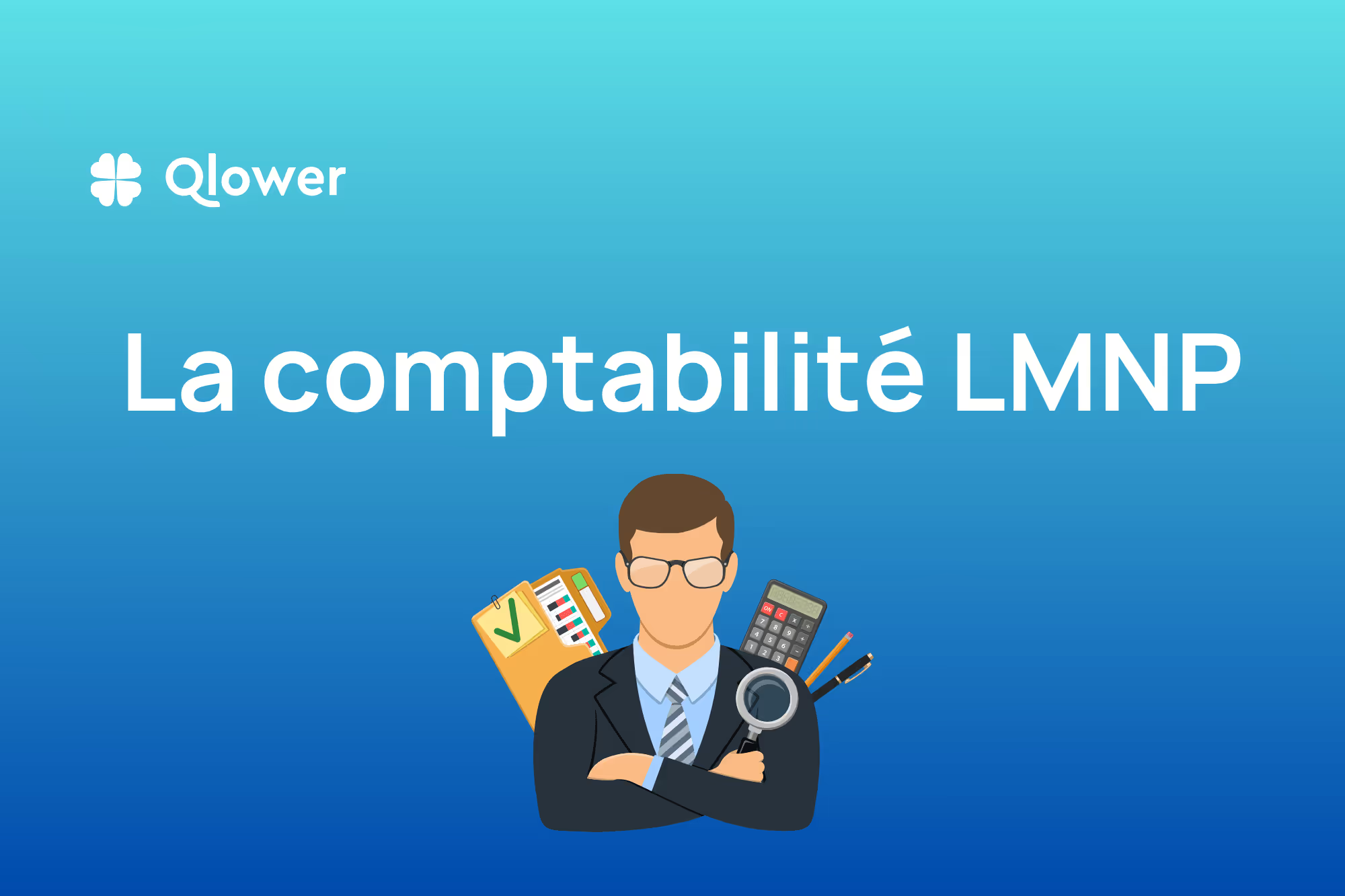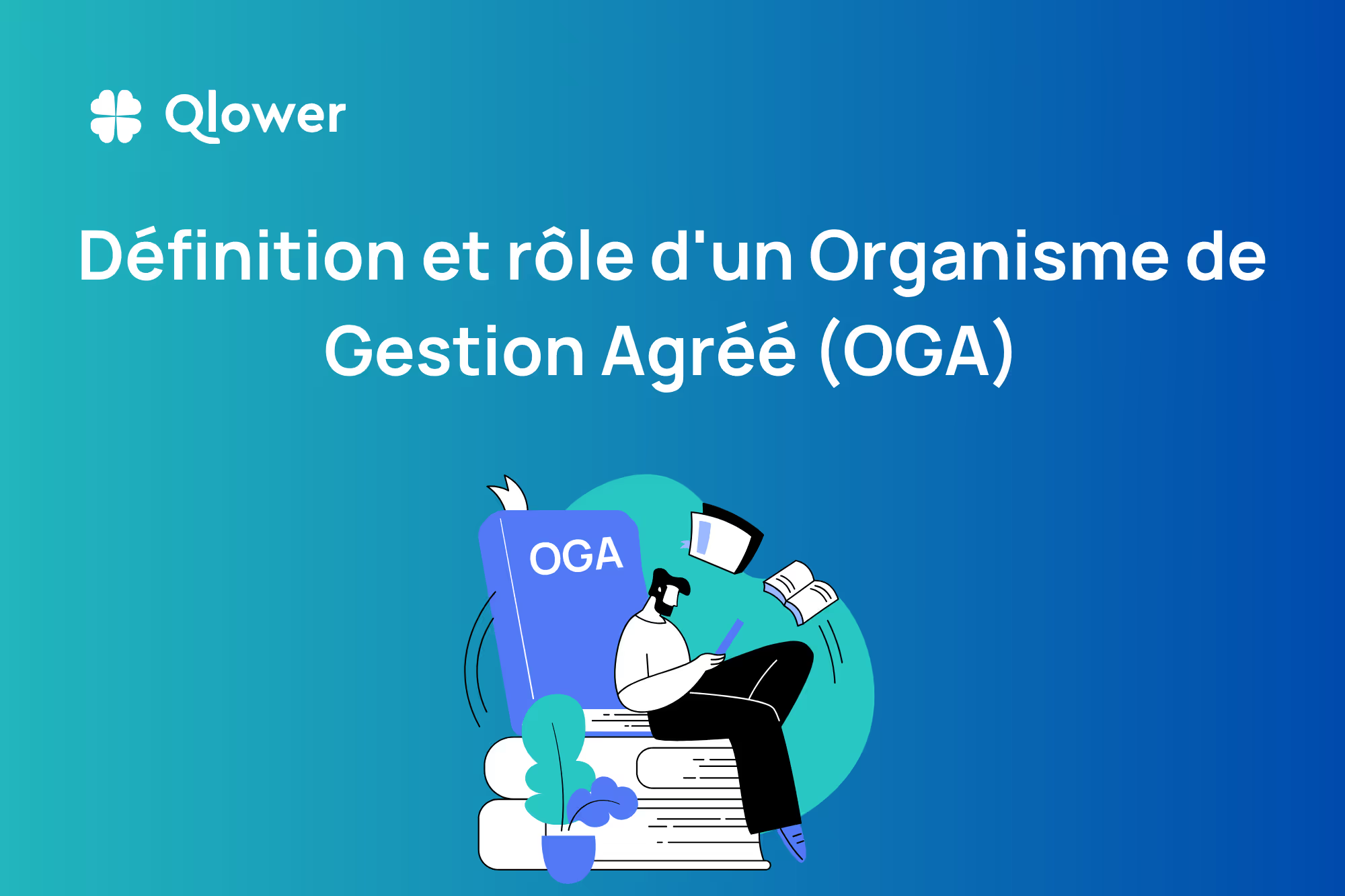Everything you need to know about LMNP accounting in 2025
In 2025, accounting for Non-Professional Furnished Rental Owners (LMNP) continues to evolve, adapting to legislative changes and increasingly complex tax requirements. This year, more than ever, mastering LMNP accounting is important to optimize the fiscal and financial management of furnished real estate investments. LMNP accounting is not limited to a simple tax return; it includes careful management of revenues, depreciation, as well as strategic fiscal optimization to reduce the tax on rental income. The objective is twofold: to count the maximum of deductible expenses in order to minimize taxation and ensure maximum profitability net of tax on real estate investment.
The fundamentals of accounting in LMNP: micro-BIC vs Real regime
LMNP accounting (Non-Professional Furnished Rental Company) is based on two main tax regimes: Micro-Bic and the Real Diet. Choosing between these two options is fundamental to your rental taxation in 2025. Here is a detailed overview to help you understand the fundamentals of each plan to maximize your profitability.
Micro-Bic: simplicity and a lump-sum reduction
- The micro-BIC (Industrial and Commercial Benefits) is aimed at furnished renters with annual revenues not exceeding €77,700 (threshold in 2025 for long-term furnished rentals). This regime offers simplified management, ideal for investors with very few deductible expenses or who prefer a less complex approach. It is rarely the best fiscal choice.
- Key advantage: a flat rate reduction of 50% on income including expenses from long-term rentals, representing expenses and amortization. This means that only 50% of rental income is taxable.
The rules concerning tourist or seasonal rentals vary according to the classification and location. For unclassified rentals, a 30% discount is applied to income up to €15,000 only. In tense areas, maintaining the 30% reduction and the ceiling of €15,000 or €77,700 is currently under debate. For tourist rentals classified in rural areas or winter sports resorts, a 51% discount is also applied to income up to €15,000.
- Limitation : the Micro BIC is generally less advantageous, especially for rental investments since no expenses can be deducted, such as acquisition costs.
Real regime: real deduction and depreciation benefit
- The Real Diet is open to all furnished renters, with no revenue limit. It requires more rigorous bookkeeping, but allows for finer tax optimization.
- Benefits :
- Deduction of actual expenses: all expenses related to the LMNP activity are deductible from rental income (loan interest, condominium fees, insurance, management, maintenance, maintenance, acquisition costs).
- Depreciation of real estate, works and furniture: The value of real estate (excluding land), works and furniture can be amortized, massively reducing taxable income.
- Optimization potential : particularly suitable for owners with high expenses and/or who have purchased a rental investment. All the deductible expenses associated with depreciation make it possible to minimize their tax base until it is completely eliminated in most cases.
Diet choice: a strategic decision
The choice between micro-BIC and Real Scheme should be guided by a detailed analysis of your financial situation and your investment objectives:
- At the end of the rental period, once the depreciation has been exhausted, and when there are very few expenses, the micro-BIC can sometimes be more advantageous thanks to its simplicity and its lump-sum reduction.
- For the vast majority of investors, the deduction of expenses and depreciation has considerable potential for tax optimization.
Financial impact: An important calculation
- Micro-Bic : if your annual rental income is €30,000, with the 50% reduction, only €15,000 will be taxable in your tax bracket, plus social security contributions (for example 30% + 17.2% = 47.2% = 47.2% tax)
- Real regime : for the same income, if your real expenses amount to €18,000 and you can write off an additional €15,000, your taxable income is zero and you create a portable deficit of -€3,000.
The choice between micro-BIC and Réel Réel is not limited to a question of simplicity versus complexity. Take the time to consult an LMNP specialist like Qlower or use adapted online accounting solutions in order to select the best regime and optimize the taxation of your real estate assets.
Accounting requirements as an LMNP
In 2025, accounting obligations under LMNP (Non-Professional Furnished Rental Company) are becoming more complex, requiring meticulous attention to accounting documents, bookkeeping and tax deadlines.
Essential accounting documents in LMNP
For the effective management of your LMNP status, the constitution and maintenance of certain accounting documents are essential. Traditionally, the following documents are retained:
- Recipe book : this document records all rental income received. It should be kept chronologically and in detail.
- Purchasing register : it summarizes all purchases and expenses related to the furnished rental business.
- Purchase invoices : keep all invoices relating to the purchase of furniture, equipment, and services (maintenance, repairs).
- Rental contracts and rent receipts : they prove the legal existence of the rental activity and the amounts received.
- Tax returns : including the declaration of rental income and the tax return for those opting for the real regime.
In 2025, digital tools make it possible to simply generate these documents, some thanks to the link with a connected bank account such as Qlower.
Bookkeeping in LMNP: What you need to know
Keeping accounting books in LMNP should not be perceived as a constraint but as an opportunity to control the financial health of your investment:
- Regular update : keeping up to date facilitates the monitoring of rental performance and prepares for possible tax audits.
- Retention of documents : keep all accounting and supporting documents for at least 6 years in accordance with tax requirements.
- Accounting software : the use of specialized LMNP software can simplify bookkeeping and financial analysis.
Again, advanced digital tools automate all of these previously time-consuming tasks.
The LMNP fiscal calendar: key dates and deadlines not to be missed
Knowing and respecting the fiscal calendar is necessary to avoid penalties and optimize your tax management:
- LMNP Activity Declaration : The declaration must be made within 15 days from the start of the activity, most often the date of purchase, or the date of end of use as a main residence or bare rental.
- Declaration of rental income : The LMNP 2025 declaration deadlines depend on your tax choices:
Mid May 2025 : deadline for electronic declaration of the tax return (furnished renters at Real regime).
- Paper declaration (including French residents abroad): May 2025
You can download The 2025 fiscal calendar in clicking here
Payment of the CFE (Business Property Contribution) : it must be paid before December 15 of each year from the Pro Tax Portal.
- Option for the real diet : if you want to switch from micro-BIC to the real BIC regime, this option must be exercised before 18 May for the current fiscal year.
- Specific statements : as the annual VAT return, if applicable, must be submitted according to the VAT regime chosen (monthly, quarterly).
By mastering these accounting and fiscal aspects, non-professional furnished rental companies can not only guarantee the compliance of their activity in 2025, but also lay the foundations for optimized management of their rental assets.
Tax optimization and legal obligations in LMNP
Tax optimization in LMNP (Non-Professional Furnished Rental Company) in 2025 is based on an understanding of depreciation mechanisms, the management of expenses and works, as well as the rules governing these practices. Here's how these key elements can positively impact your taxation and rental performance.
Accounting amortization: Key to fiscal optimization in LMNP
Accounting depreciation allows LMNP investors to reduce their tax base by distributing the cost of leased property (excluding land) and equipment over their estimated lifespan.
- Real estate : generally amortized over 50 to 70 years, depending on their nature and use.
- Furniture and equipment : amortized over a shorter period, often 5 to 10 years, reflecting their duration of use.
- Fiscal impact : allows you to considerably reduce taxable income, thus optimizing the profitability of your rental investments.
Management of expenses and works: What is deductible
The deduction of work charges and costs is another pillar of fiscal optimization in LMNP.
Deductible expenses :
- Management and administration fees : such as management fees, accounting fees.
- Loan interest : relating to the acquisition of rental properties, bank administration fees, guarantee fees
- Condominium fees, taxes and insurance: directly linked to the rental activity.
- Acquisition costs: related to the purchase of the property, such as brokerage fees, agency fees and also notary fees.
Deductible work:
- Maintenance and repairs : maintenance and small renovations.
- Improvements : increase in the value of the property without changing its nature.
Rules and limits of amortization of works in LMNP
Although thedamping is a powerful tool for tax optimization, it is governed by specific rules to be respected.
- Non-depreciation of the land: The value of the land on which the leased property is based is not depreciable because it does not depreciate over time. Note that what makes a property valuable in the city is often its location. At Qlower, the value of the land is calculated according to the price per square meter.
- Depreciation limitation : Depreciation cannot create a fiscal deficit in LMNP. It is then put in reserve. The deficit due to amortization can be carried over to profits of the same nature without a time limit.
- Construction, reconstruction or expansion work: not deductible because they substantially increase the value of the property. However, this work is amortisable.
Chartered Accountant vs LMNP online accounting solutions: what to choose?
Faced with the accounting and fiscal management of non-professional furnished rentals (LMNP), two options stand out: the expertise of a dedicated accountant or the adoption of online accounting solutions.
Chartered Accountant
The chartered accountant offers a traditional approach, generally adapted to your individual situation and has the ability to identify the best tax optimization strategies. However, fees can be significant, especially for small real estate portfolios, and require appointments and exchanges that can take place over several days or weeks. It also happens that traditional firms refuse LMNP files, which are considered non-strategic.
LMNP online accounting solutions
Online solutions like Qlower offer automated tools and intuitive interfaces to simplify accounting and tax management.
- Cheaper than the services of a traditional chartered accountant.
- Update and consult your accounts at any time and everywhere.
- Automatic transaction import, categorization, and simplified report generation.
What to choose?
The choice between a chartered accountant and an online solution depends on several factors:
- Evaluate whether the cost of a chartered accountant is justified in relation to the benefits provided in terms of tax optimization and time savings.
- If you prefer a more instantaneous approach, allowing real-time monitoring, online solutions perfectly meet your needs and offer greater availability of specialist teams in case of questions.





